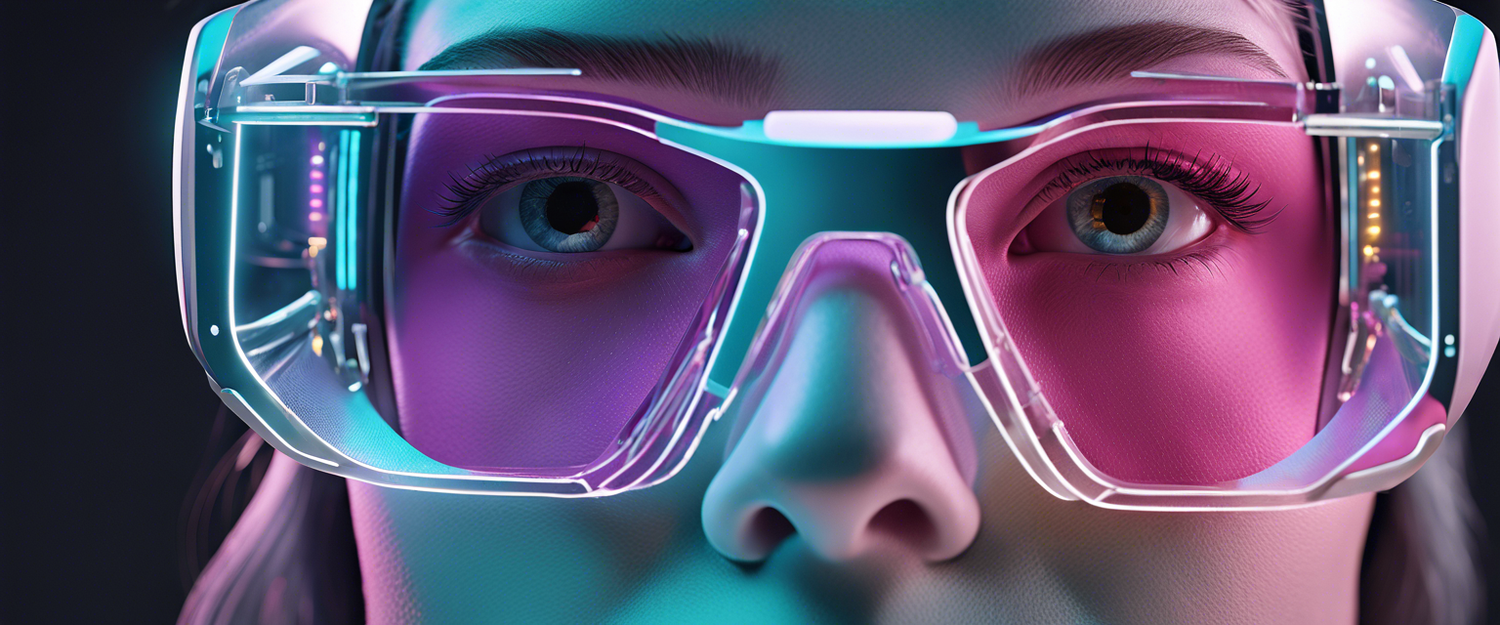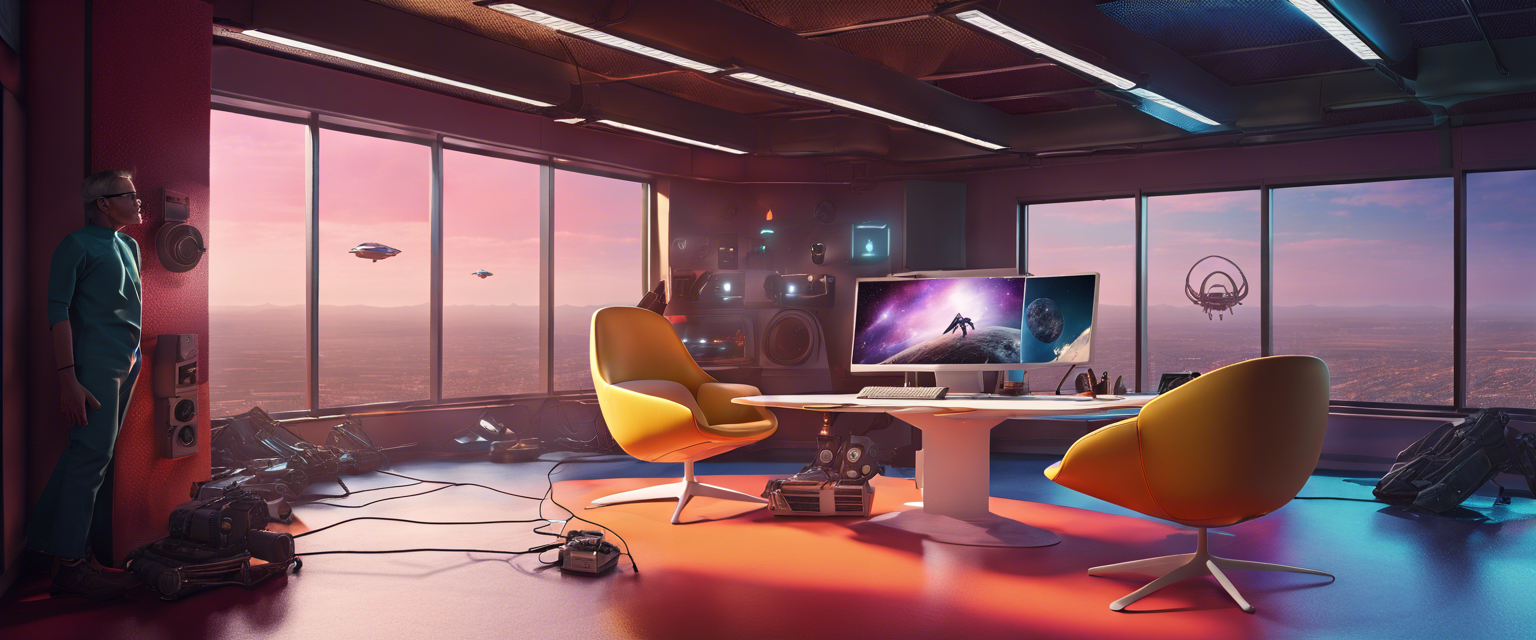Google's Project Astra: A Leap into the Future of Virtual Assistants
Google is at the forefront of artificial intelligence development, showcasing a multitude of projects that illustrate its expansive vision for the future. Among these is Project Astra, a groundbreaking multimodal virtual assistant that aims to integrate seamlessly into everyday life.
What is Project Astra?
First introduced at Google I/O, Project Astra represents an ambitious step towards creating an always-on helper. Although the technology is still in its early stages, the concept promises to revolutionize the way users interact with AI in their daily activities.
The Evolution of Smart Glasses
Google’s exploration of smart glasses dates back several years, with projects like Google Glass and Cardboard. Recently, at a press briefing leading up to the launch of Gemini 2.0, Bibo Xu from Google DeepMind revealed that a select group would soon be testing Project Astra on prototype glasses. This suggests that the tech giant has substantial hardware plans related to Astra.
Why Smart Glasses?
Smart glasses are the perfect medium for Project Astra’s objectives. By utilizing a device worn on the face, Google aims to enhance the experience of combining audio, video, and display capabilities. This accessibility is crucial for an always-on AI experience.
Capabilities of Astra
In a demonstration video showcasing Astra's features in conjunction with Gemini 2.0, a tester utilized the assistant for various tasks, including:
- Reminding security codes at apartment buildings
- Checking weather updates
- Navigating public transport queries like bus routes
These functionalities, while achievable through smartphones, offer a much more intuitive experience through wearable technology.
The Future of Smart Glasses
Currently, devices like Google’s smart glasses, alongside others such as Meta’s Orion, remain largely conceptual. Uncertainties regarding their release timeline and overall effectiveness linger. Still, Google's commitment to developing smart glasses reflects its serious ambitions within the tech landscape.
Conclusion
Google’s Project Astra and its integration with smart glasses signals a pivotal development in AI technology. The combination of advanced virtual assistance with wearable technology promises to change how we interact with digital information. As developments unfold, the tech community and potential users eagerly anticipate the implications of this ambitious project.
Related Articles:
- The Smart Glasses Revolution: What to Expect in 2024
- How AI Assistants Are Evolving in Today's Market
External Resources:



Laat een reactie achter
Alle reacties worden gemodereerd voordat ze worden gepubliceerd.
Deze site wordt beschermd door hCaptcha en het privacybeleid en de servicevoorwaarden van hCaptcha zijn van toepassing.